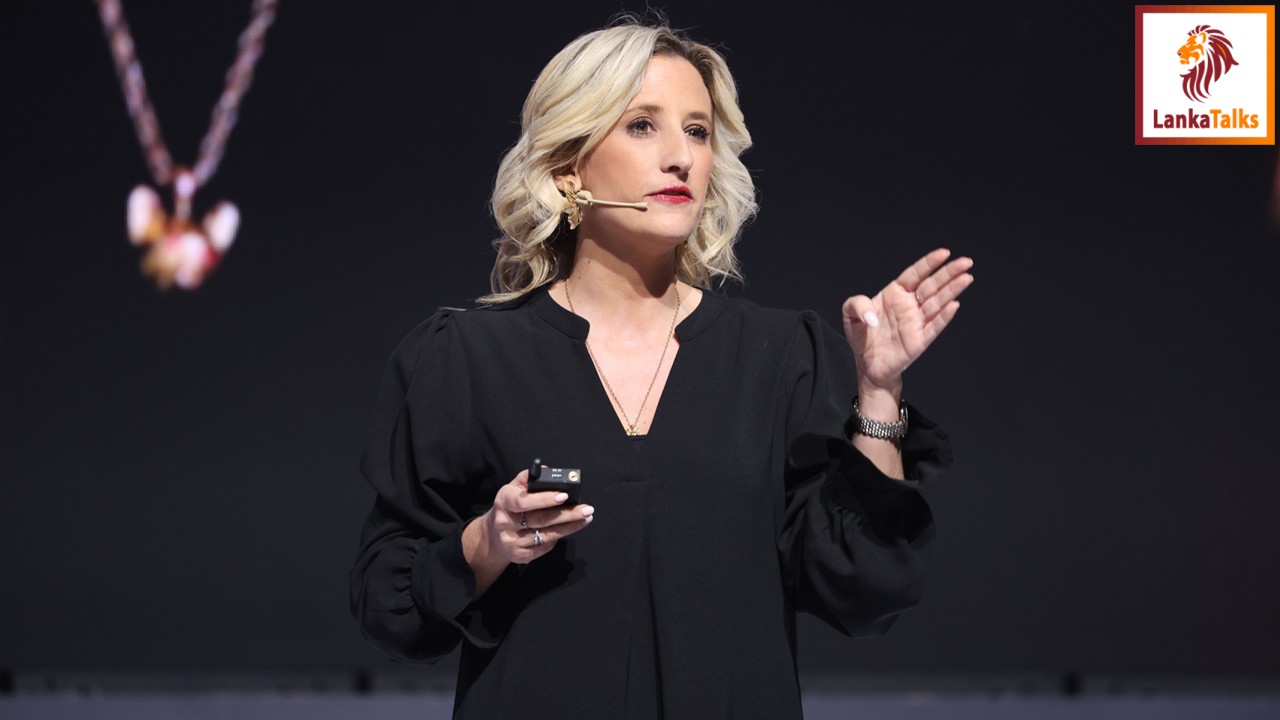The Christmas season is a special time filled with
joy, excitement, and giving but this year the festive season falls at a time
when the world around us is gripped in complexity, from the cost of living
crisis to a lack of peace in lands all around us. As parents, we may want to
use this time to teach our children about empathy and kindness as a different
take on the joy of giving. It can be really powerful to remind our smallest
citizens that giving comes in many forms – our kindness, our listening, our perspective
and our joy. While many children eagerly anticipate the arrival of gifts from
the North Pole, it's important for them to also recognise that the season is
framed by much more than wrapped wonder.
By instilling a sense of empathy in our little ones
at a young age we offer our world the best chance of a more connected,
inclusive and kind future. In my own work, I spend a lot of time working with
parents and schools to look at how we create a deep sense of reconnection and
understanding in the generation behind us. The real challenge is to find ways
that can encourage children to think beyond themselves and embrace the
importance and role of community and the end of the year is a perfect time to
do so.
I have
collated five tips here that we parents have been finding success with across
borders and cultures this year, and I have adapted them to the season.
Tip 1: Discuss the Meaning of Empathy:
Start by having open and frequent conversations with your children about the
meaning of understanding the outlook and lives of others. Explain that, during
the festive season, it's not just about giving and receiving gifts, but also
about showing understanding towards others – gifting our ears, our compassion
and our patience as well. Empower them to find simple ways to trial their
empathy with their friends and family by helping them to listen actively and
always consider “how are they feeling right now?” as their default response.
Tip 2: Teach Children About
Different Experiences:
Take the opportunity to introduce your children to different experiences and
stories they may not be familiar with. Share stories of individuals or families
who may not receive gifts during Christmas and discuss the challenges they
face. Answer their questions honestly and openly and help them truly see the
world from the perspective of others. We often shy away from “sad” realities
from our children but they need to understand sadness or lacking in others as
much as they do the joy and gratitude of ‘having’. This can be done through
books, movies, or personal anecdotes. By exposing children to different
perspectives, they can develop empathy and understand that not everyone's
circumstances are the same. This understanding can inspire them to help others
in meaningful ways.
Tip 3: Encourage Giving Back:
Make giving back a part of your family's Christmas traditions. Involve your
children in acts of charity, such as participating in toy drives, donating
clothes, or volunteering at a local shelter. This hands-on experience allows
children to understand the realities of others and truly empathise with people
who live differently from them. It also allows them to connect firsthand with
the impact they can have on others.
Tip 4: Practice Active Listening:
Teach children the importance of active listening and understanding the
feelings of others. Encourage them to engage in conversations without judgment,
listen actively, and ask open-ended questions to learn more about others'
experiences. Teach them to always ask people “How does that make you feel?” and
really listen to the answers. Children are never too young to learn this and by
6 this can become a natural default for them.
Tip 5: Share Stories
Empathy is taught primarily by role-modelling and by parents acting in empathy
and encouraging children to do the same, however, storytelling also plays a
powerful role. Whether it is via movies or books, allow your children the gift
of the imagination and honing this skill as they imagine living in another’s
reality. A Christmas Carol is a classic tale of seeing things through a
different lens and realising the importance of compassion and empathy at this
time of year. Sharing and telling stories with your children can be an
incredibly impactful tool for helping them gain new perspectives and create a
shared understanding with those around them.
Teaching
children empathy during the Christmas season is a beautiful way to nurture
their hearts and minds and to know that, as parents, we are actively making a
difference in ‘healing’ the world beyond today but for the future. During the
season of giving, gift your children the ability to understand those we share
our lives and planet with. Help them become the citizens we so desperately need
more of and inspire them to bring new light to our world.
Mimi Nicklin is a
Bestselling Author, an Award Winning Empathy Advocate, and a CEO with over 16, 500
students all over the world. She has recently won the Top 45, Under 45
Leadership Award in Sri Lanka and she specialises in improving dialogue,
performance and engagement in forward-thinking organisations. She is the
Founder of Empathy Everywhere, the world's
most extensive training platform to use social intelligence and team
communication to drive transformational change. Her podcast, The MiMiYouYou, is
growing at over 800% a month and her second leadership book will be out in
early 2025. You can find her @miminicklin across social media or via
www.empathyeverywhere.co



 A.R.B.J Rajapaksha
A.R.B.J Rajapaksha



